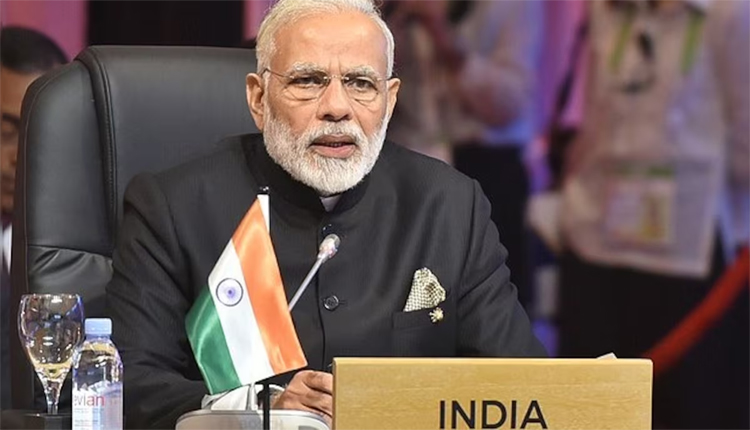New Delhi: In a significant escalation of diplomatic tensions, India has expelled six Canadian diplomats in response to unfounded allegations made by Canada against Indian officials in the High-Profile Hardeep Singh Nijjar case. The expelled diplomats include Acting High Commissioner Stewart Wheeler, Deputy Commissioner Patrick Herbert, Secretary Mary Catherine Jolly, Secretary Lain Ross David Triits, Secretary Adam James Chuipka, and Secretary Paula Orzuela. They have been given until 19 October at 23:59 hours to leave India.
The fallout began when Canada accused Indian diplomats of involvement in activities related to the Khalsa movement, specifically targeting Hardeep Singh Nijjar. India vehemently denied these allegations, calling them baseless and defamatory. In response, Indian authorities summoned Canadian High Commissioner Stewart Wheeler on Monday, expressing strong disapproval of the accusations and asserting that Canada had jeopardised the safety of Indian diplomats stationed in the country.
Following the summons, India announced the expulsion of the six diplomats, citing a loss of trust in the Canadian government’s ability to ensure the security and protection of its diplomatic staff. The move underscores the deepening rift between the two nations, which have seen their relations deteriorate in recent months.
Foreign affairs expert Robindra Sachdev commented on the situation, stating, “Canada must understand that India will not hesitate to take decisive action when its sovereignty is challenged. The current state of bilateral relations is cold, and the presence of diplomats under such strained circumstances serves no meaningful purpose. The safety of our diplomats in Canada is a paramount concern.”
Sachdev further elaborated on Canada’s possible motivations, suggesting that Prime Minister Justin Trudeau’s administration is influenced by domestic political considerations and external factors. “Firstly, the Trudeau government relies heavily on support from the Indian diaspora, particularly those sympathetic to the Khalsa cause. Secondly, China’s interference in Canadian politics has played a role. Reports indicate that approximately nine members of Trudeau’s party were elected with backing from Chinese interests, aiming to secure Trudeau’s victory. Now, diverting attention to India helps mitigate this negative influence,” he explained.
The expert added, “Canada’s unprecedented diplomatic actions reflect a broader strategy in international relations, where internal politics and external pressures intersect. By targeting India, the Trudeau government is attempting to navigate the complex geopolitical landscape shaped by Chinese involvement.”
The expulsion of the six diplomats marks a critical point in India-Canada relations, highlighting the fragile nature of international diplomacy in the face of political and security challenges. Both nations are now poised to reassess their diplomatic engagements, with the potential for further retaliatory measures looming on the horizon.
As the deadline approaches, the international community watches closely, anticipating the next steps in this unfolding diplomatic saga. The situation underscores the importance of maintaining robust and respectful international relations, especially amidst allegations that can have far-reaching consequences.



Comments are closed.